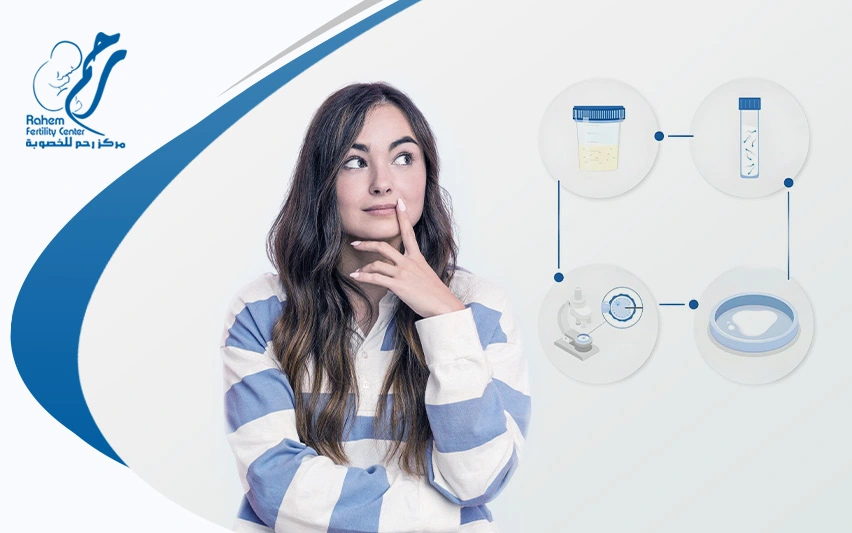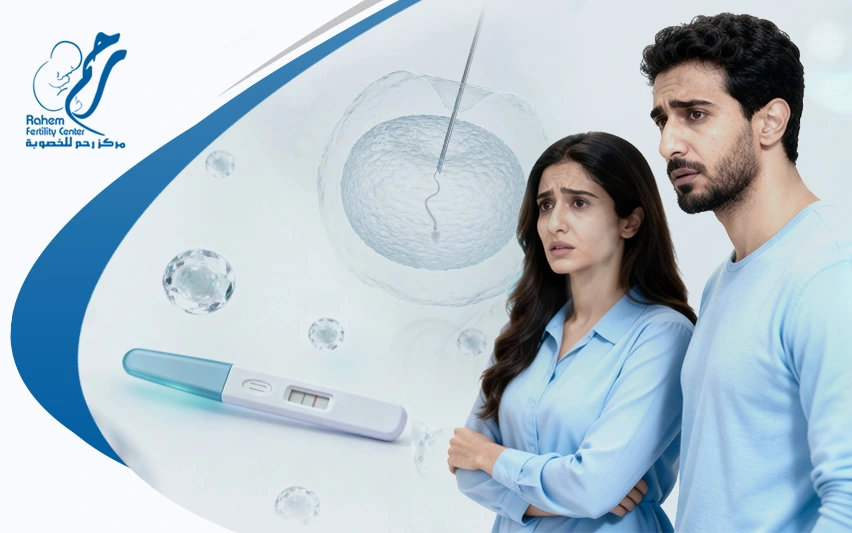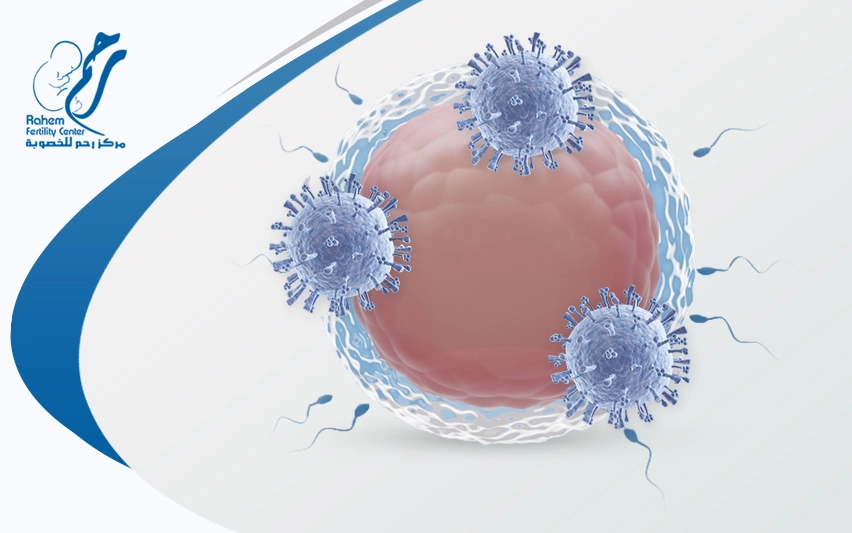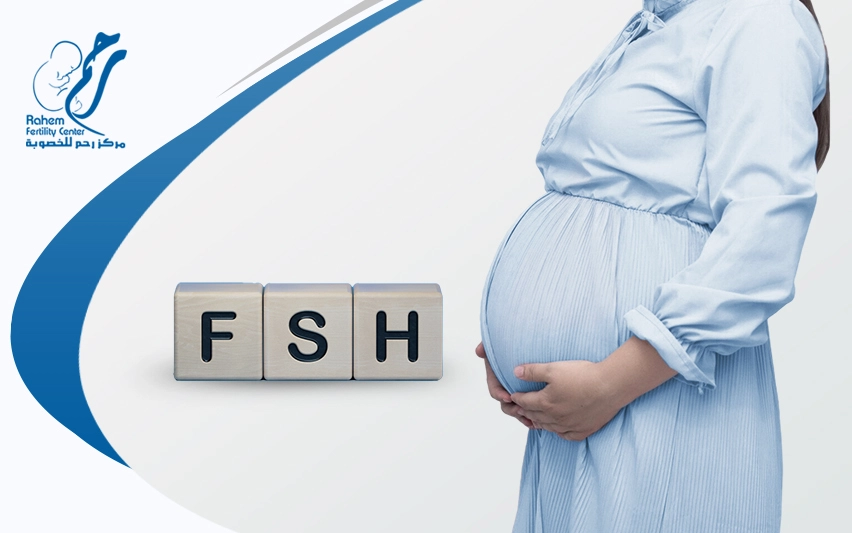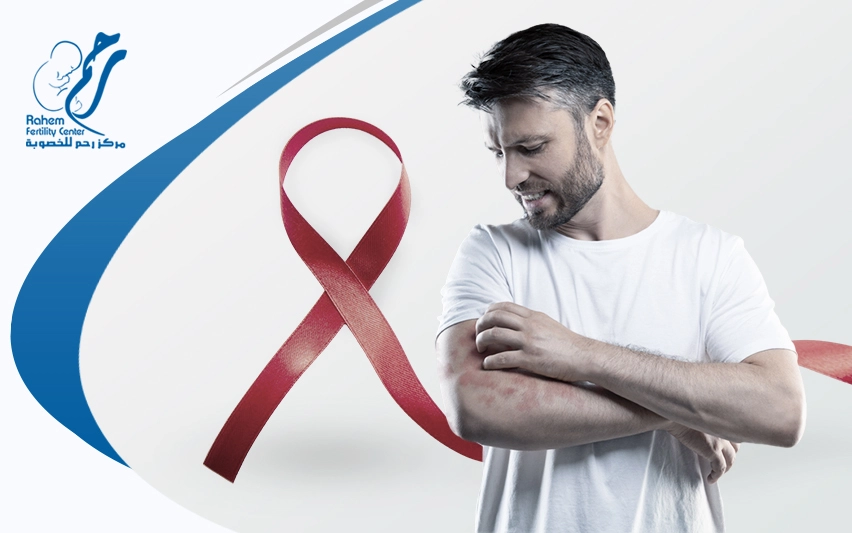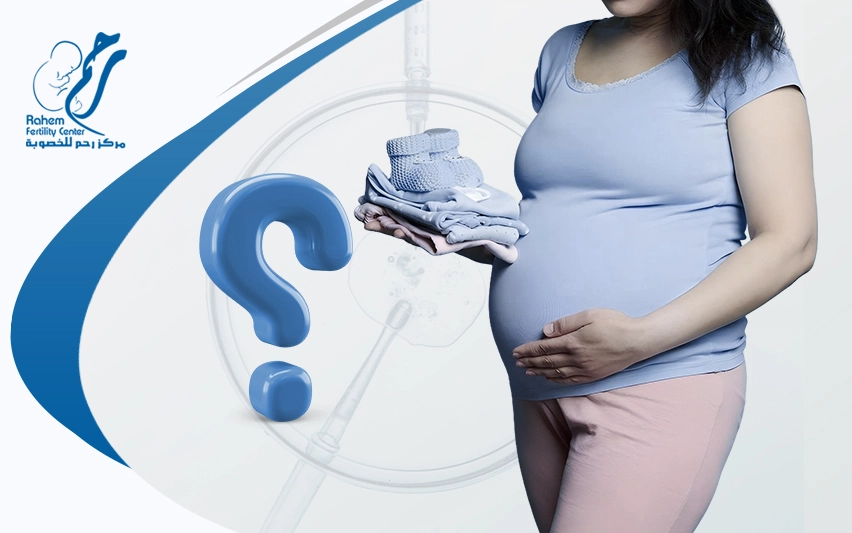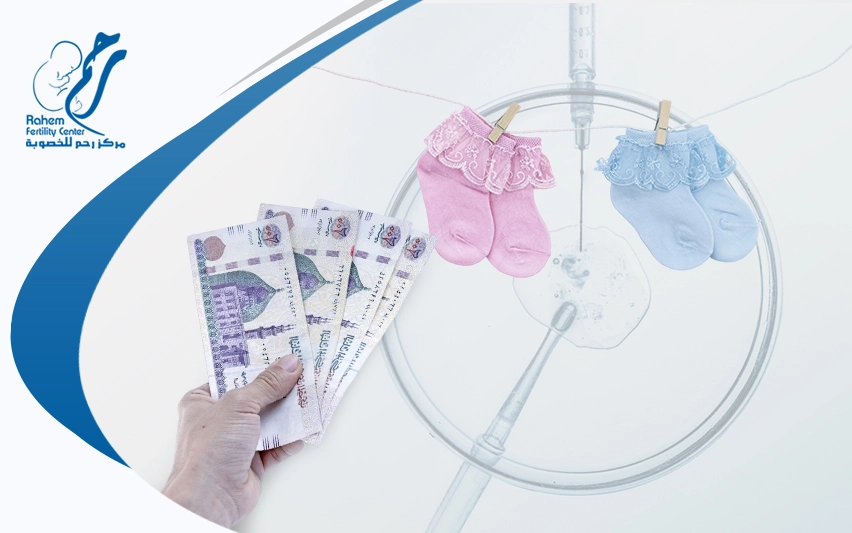You’ve made it through egg retrieval. Now what? The next 24 hours can determine everything.
If you’re going through an ICSI cycle, understanding exactly what happens after your eggs are retrieved is crucial. This is the point where the lab takes over.
Here are the details of the icsi process after egg retrieval, step by step.
How Soon After Egg Retrieval Do They Do ICSI?
Couples wonder: “How soon after egg retrieval do they do ICSI?” The answer is ICSI, or Intracytoplasmic Sperm Injection, which is performed within four to six hours after egg retrieval. The goal is to handle eggs at their most viable state and inject each one with a single, healthy sperm.
Once the eggs are collected, the embryologist begins by removing the surrounding cumulus cells (a process known as “denuding”) so that they can evaluate the maturity of each egg.
Only mature eggs are selected for injection. Timing here is critical. Delays can affect egg quality and fertilization success.
The ICSI Process After Egg Retrieval: Step By Step
The ICSI process after egg retrieval includes the following steps:
Egg Assessment and Preparation
After retrieval, the eggs are gently washed and placed in a nutrient-rich culture dish. Each is examined under a microscope to check maturity.
Sperm Preparation
On the same day, the husband provides a sperm sample. The embryologist selects the most motile and morphologically normal sperm.
In some cases, testicular sperm extraction (TESE) is employed for more complex situations, such as non-obstructive azoospermia.
Microinjection (ICSI Itself)
Using a microneedle under high-powered magnification, the embryologist injects one sperm directly into each mature egg.
This bypasses all natural barriers to fertilization, especially helpful in cases of male factor infertility.
Fertilization Monitoring
The injected eggs are placed in a special incubator and checked 16 to 20 hours later for signs of fertilization.
Embryo Culture
Successfully fertilized eggs (now called zygotes) are grown in culture for 3 to 5 days. The embryologist monitors their development daily, grading their quality and preparing them for transfer or freezing.
Get your inquiry
At Rahem Center, our vision is to be at the forefront of distinguished scientific centers in the field of fertility assistance, not only in Egypt but in the world.
What is The Next Process After Egg Retrieval in IVF?
If fertilization is successful, the next step is embryo transfer, usually on day 3 or day 5 post-retrieval. Your fertility specialist will decide the best timing based on embryo quality and your uterine receptivity.
In cases where preimplantation genetic testing (PGT) is needed, embryos are usually frozen and tested before transfer in a future cycle.
Even if you’re not proceeding with a fresh transfer, the days following ICSI are vital. They determine whether viable embryos exist and if they’re strong enough to implant.
Timing is Important!
The ICSI process after egg retrieval is all about control. Controlling timing, sperm selection, and embryo transfer. And when done correctly, it offers hope for couples who’ve struggled with fertilization in the past.
Looking for expert ICSI care? At Rahem Fertility Center, we offer well-equipped embryology labs and highly personalized care plans, guiding you through every phase, from retrieval to embryo transfer.



